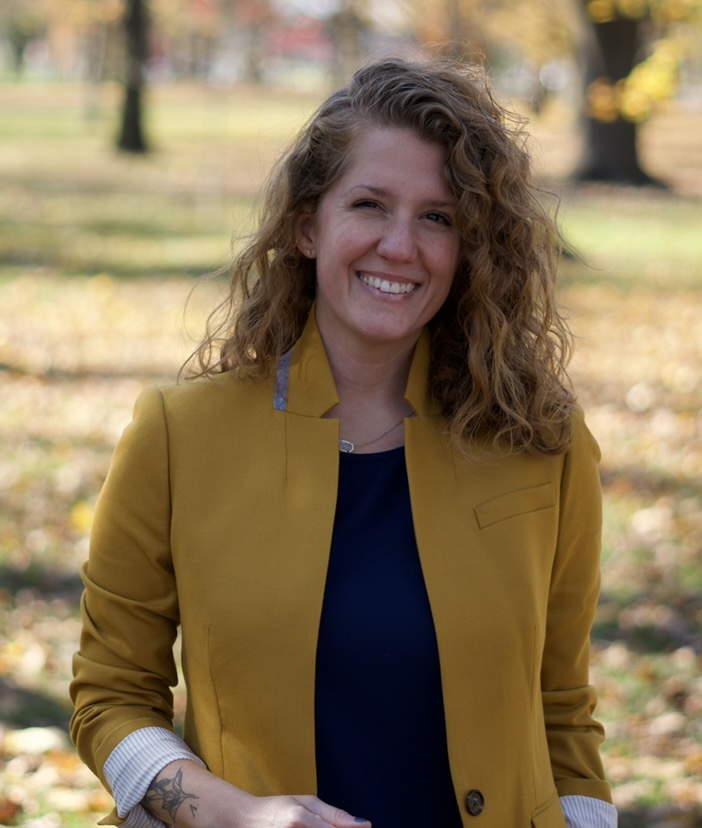Workforce Development / Training / Supervision
(PS3-98) Multicultural Training Experience Among CBT Clinicians

Janee Steele, Ph.D., LPC
Core Faculty
Walden University
Kalamazoo, Michigan, United States
Lisa Bolden, Psy.D.
Licensed Clinical Psychologist
Integrative Psychological Consulting
Los Angeles, California, United States
Mudita A. Bahadur, Ph.D.
Psychologist
Private Practice
Santa Monica, California, United States
Hollie Granato, ABPP, Ph.D.
Clinical Psychologist
University of Texas at Austin
Austin, Texas, United States
Carmella Tress, Psy.D.
Psychologist
Central Texas VA Healthcare System
Lancaster, Pennsylvania, United States
Lizbeth Gaona, Ph.D.
Assistant Professor
California Baptist University
Placentia, California, United States
Author(s)
Co-Author(s)
Although the field of cognitive behavioral therapy has made progress toward equipping clinicians to work with diverse populations, there is still a dearth of literature regarding the multicultural training received by practicing CBT clinicians. This is important as APA calls not only for diversity training but also depth of multicultural competency in their new multicultural guidelines (APA, 2018). This study, therefore, aimed to explore CBT clinicians' experiences with multicultural training. The research questions guiding the study were: (1) What are the multicultural training experiences of CBT clinicians? (2) What support do they need? and (3) What differences are there among clinicians?
The Multicultural Training and Education Questionnaire (MTEQ; Wilcox et al., 2021) was administered to 53 CBT clinicians and students. The MTEQ consists of four subscales that rate responses on a Likert-type scale ranging from 1 = Strongly Disagree to 5 = Strongly Agree. Preliminary findings from each subscale show respondents generally felt neutral about their multicultural training. Scores on the Importance of Modeling subscale had a mean of 3.64 (SD = 1.09). Clinical Application had a mean of 3.44 (SD = 1.02). Self-Exploration/Awareness had a mean of 3.71 (SD = 1.08). Education and Knowledge had a mean of 3.42 (SD = 1.04). Results from a repeated measures ANOVA indicate that there were statistically significant differences across subscales, F (3, 49) = 4.92, p < .005. Importance of Modeling (M = 3.64, SD = 1.09) was higher than Clinical Application (M = 3.44, SD = 1.02) to a statistically significant extent, MI-J = .21, p = .04 and Self-Exploration/Awareness (M = 3.71, SD = 1.08) was also higher than Clinical Application (M = 3.44, SD = 1.02) to a statistically significant extent, MI-J = .27, p = 01.
An independent samples t-test was conducted to examine differences on each subscale between respondents who were Early-career or Lower and Mid-career or Higher. Across the four subscales, the only statistically significant finding was that clinicians who were Early-career or Lower (M = 4.07, SD = .68) had greater scores on Self-Exploration/Awareness than those who were Mid-career or Higher (M = 3.49, SD = 1.23), t (50) = 1.93, p = .03 (two-tailed).
These findings suggest that overall, clinicians in our sample reported experiencing the least satisfaction with their multicultural training in clinical application and education and knowledge. This has implications for graduate programs to specifically enhance these areas of training. Further, there may be career differences such that perhaps younger clinicians are more encouraged toward self-awareness and exploration. This has implications for continuing education training targeted at mid-level or higher career clinicians toward self-exploration. Lastly, study findings may provide CBT educators, trainers, and supervisors at all levels of the educational pipeline, be it pre-graduate or postgraduate (e.g., professors, internship supervisors, post-doctoral supervisors, clinical supervisors), with information about potential blindspots concerning content that supports multicultural CBT interventions. Qualitative findings from an open response item exploring needed support are also discussed.

.png)
